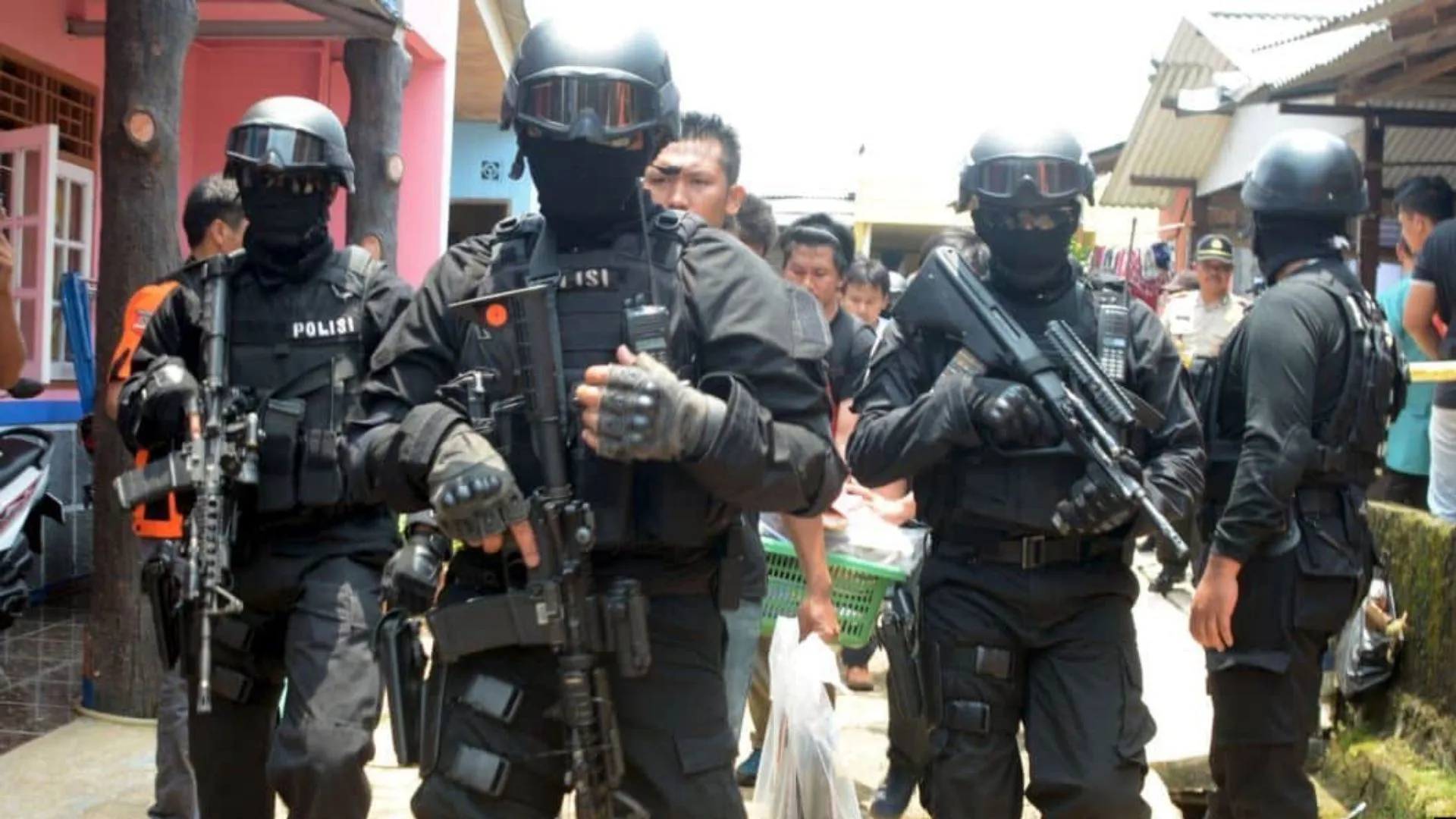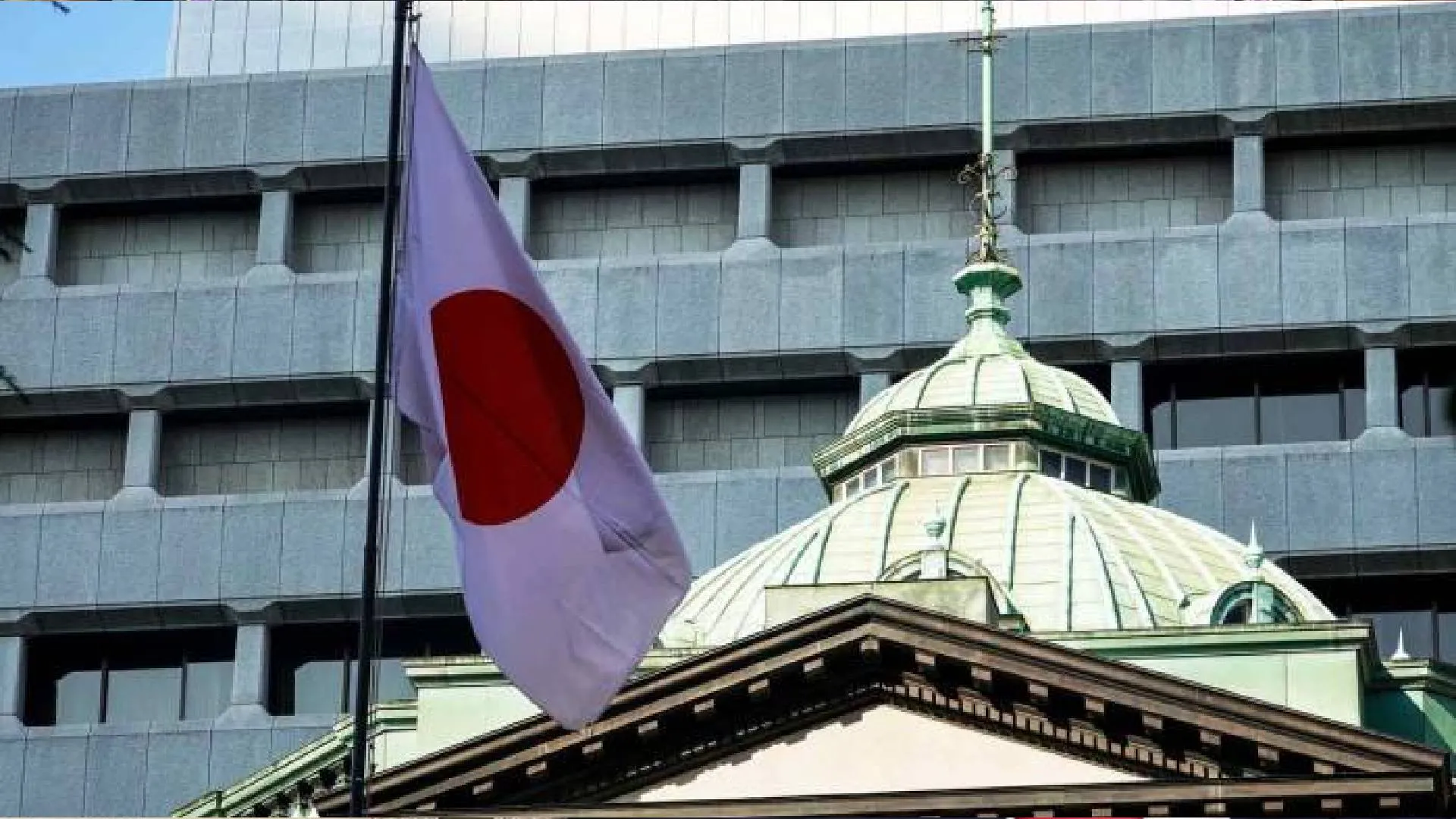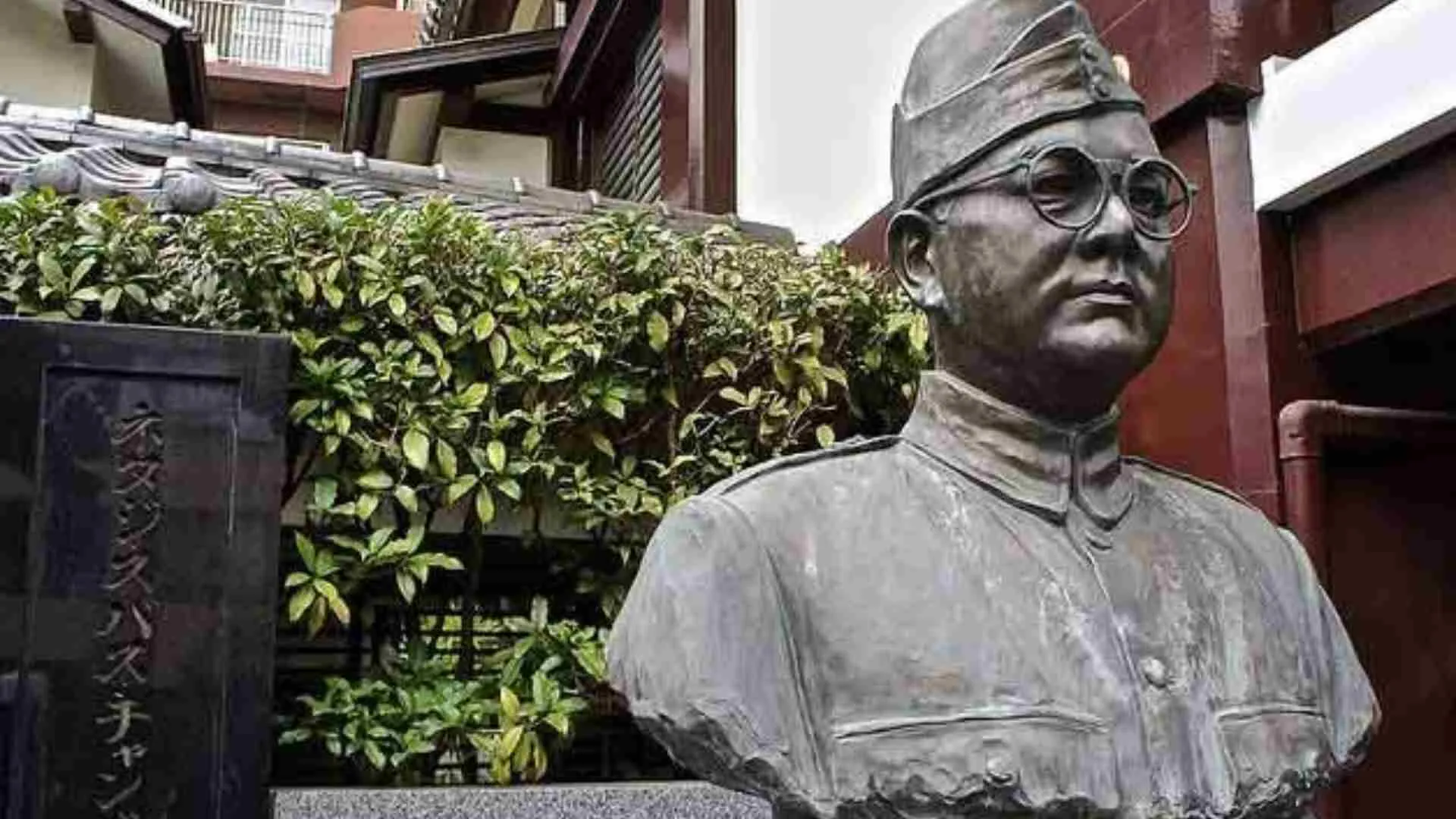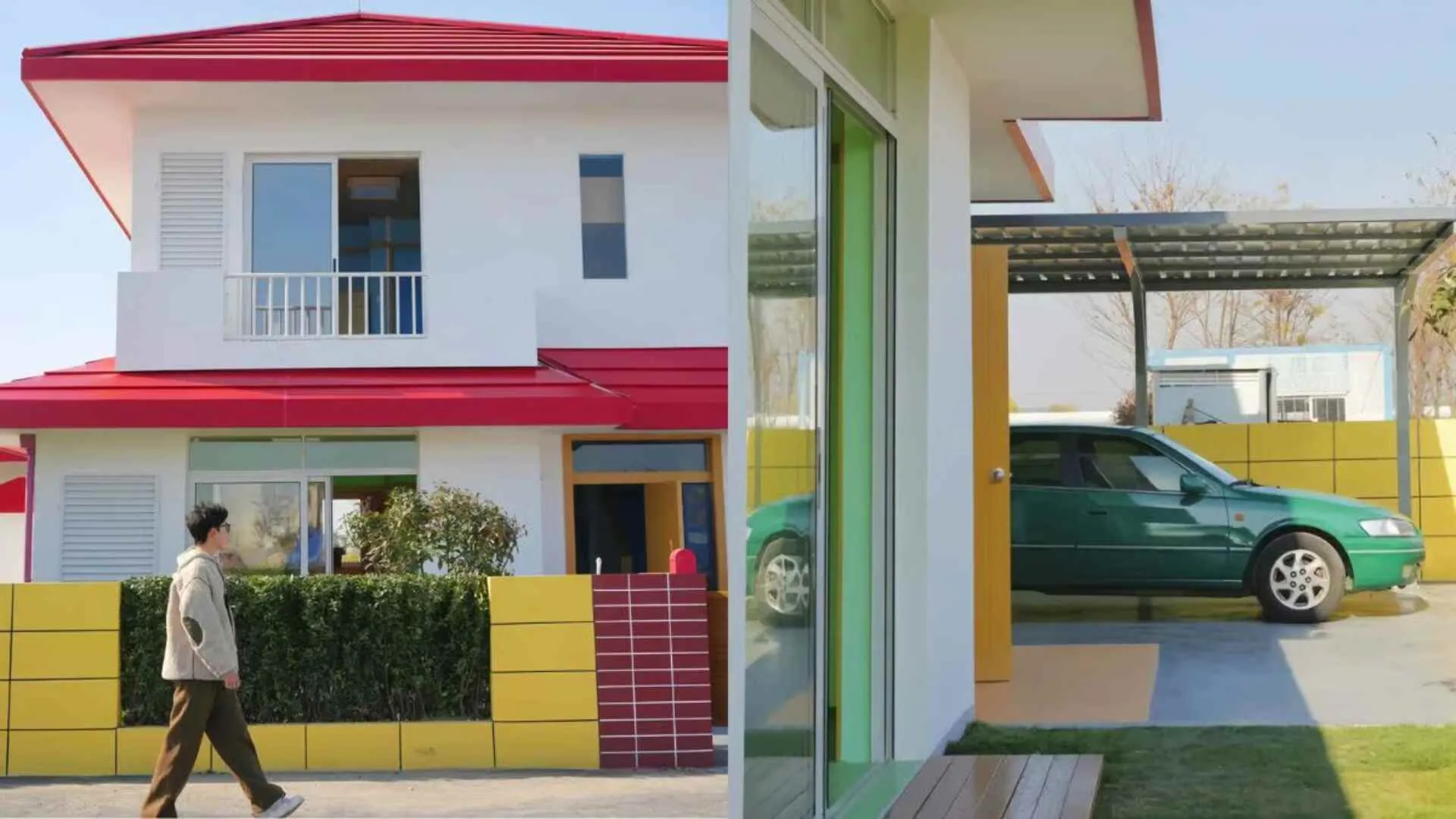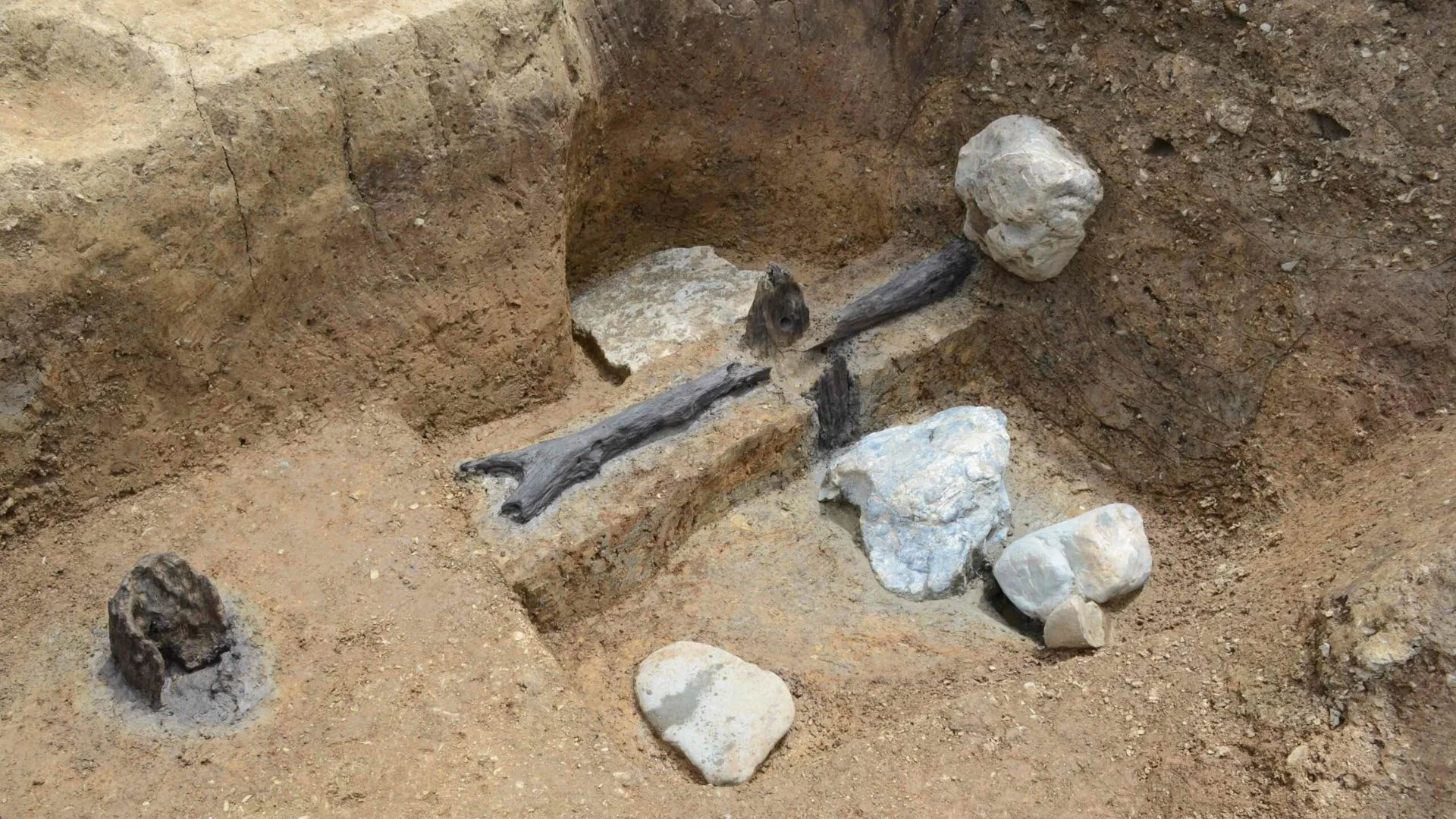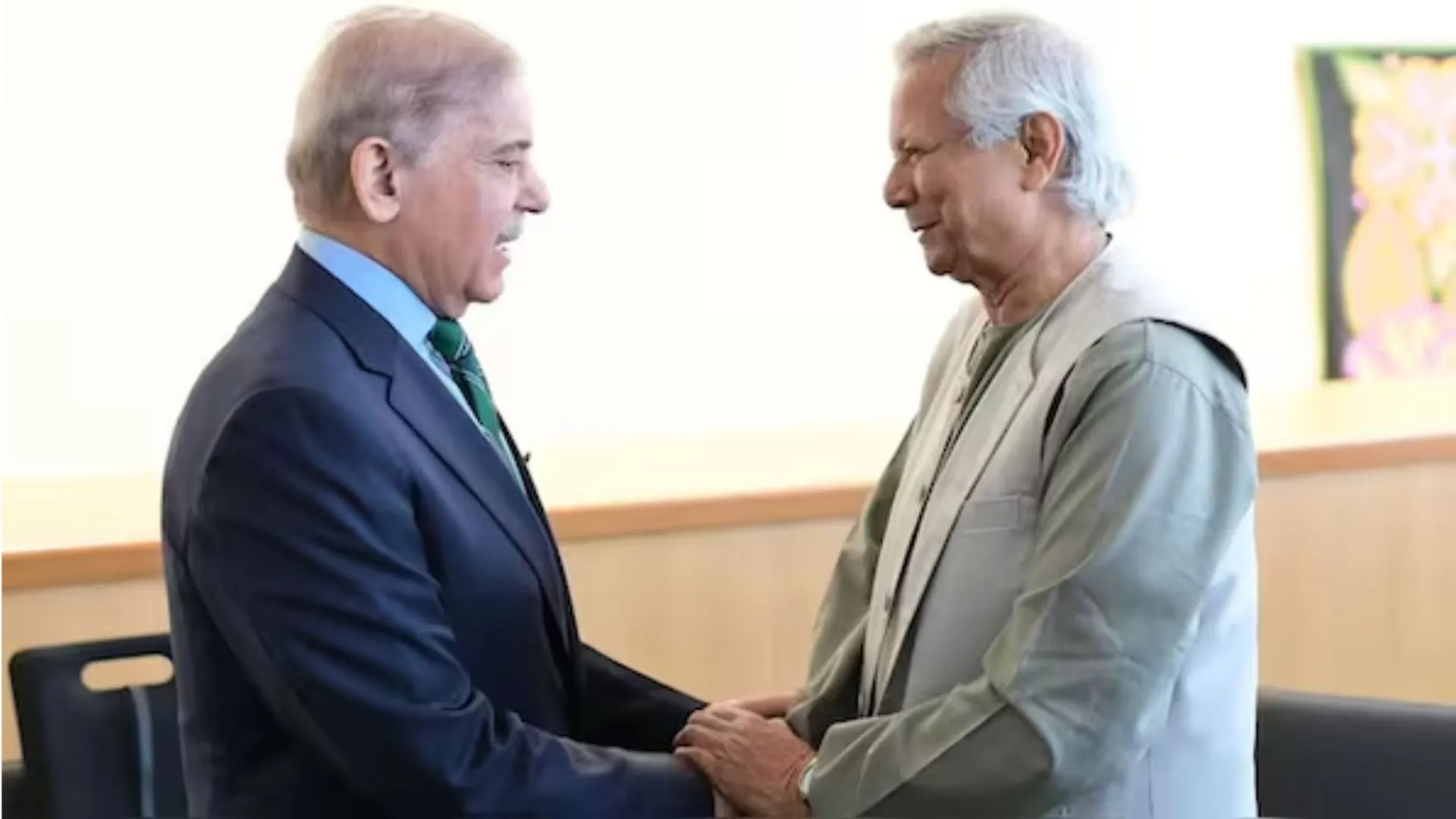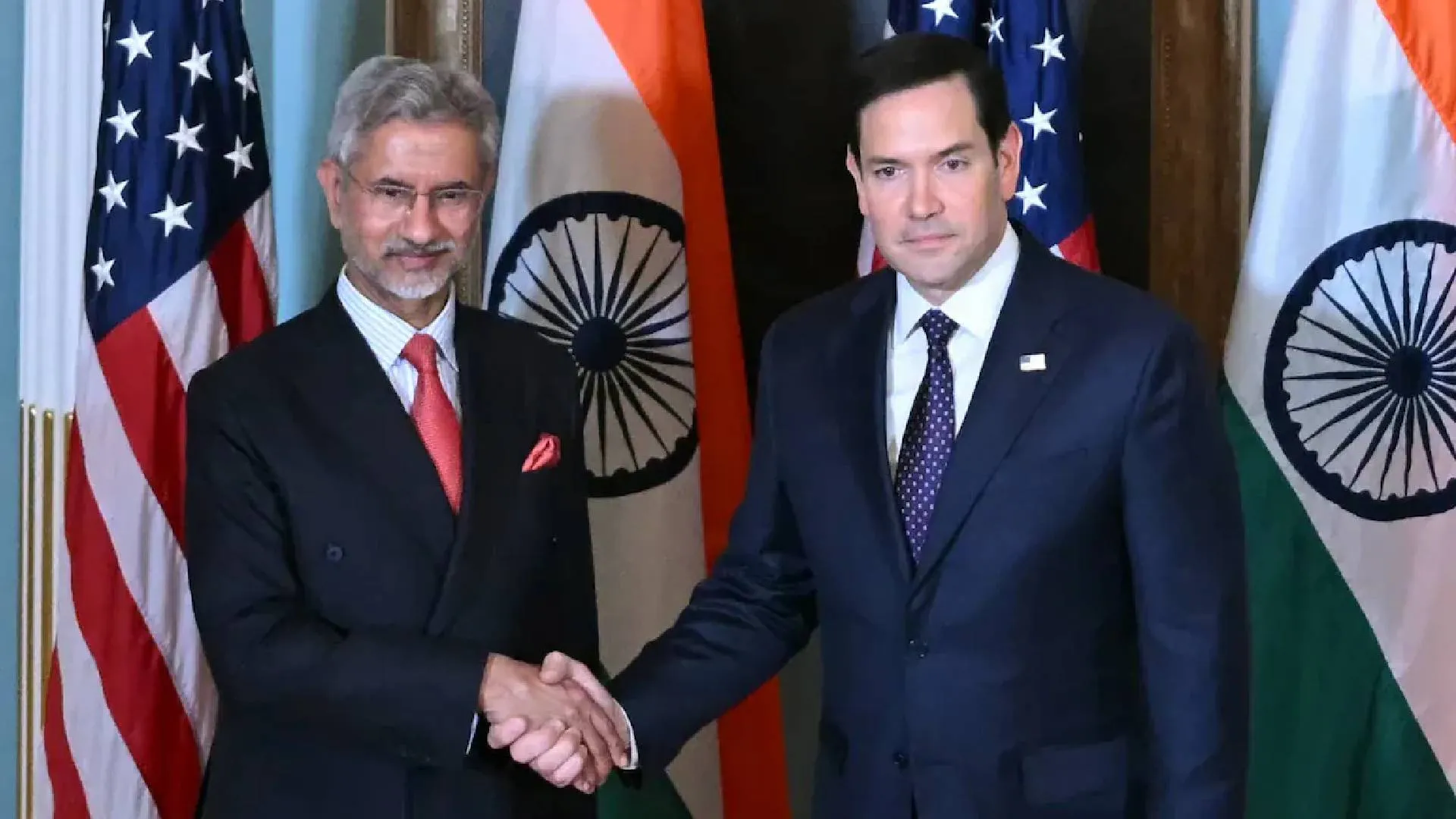Indonesia’s counter-terrorism agency is contemplating parole for two former leaders of the Jemaah Islamiyah (JI) militant network, as well as amnesty for its imprisoned members, following a significant pledge of loyalty from 1,300 former militants to the nation.
The JI, which is linked to al-Qaeda, has been implicated in some of Indonesia’s most devastating terrorist attacks, including the 2002 Bali nightclub bombings that claimed over 200 lives, primarily foreign tourists, and a 2003 bombing at a Jakarta hotel that resulted in 12 fatalities. The proposed measures come in the wake of an announcement in June by senior JI members indicating that the network was being disbanded.
Eddy Hartono, head of Indonesia’s counter-terrorism agency, confirmed to Reuters that there are currently 115 former JI members in prison. The agency is considering recommending parole for ex-leaders Abu Rusdan and Para Wijayanto. Abu Rusdan, who led JI during the Bali bombings, was sentenced to three years in prison in 2003 for harboring a militant involved in the attack and was later executed. He was imprisoned again in 2022 for six years for remaining active in a banned organization. Para Wijayanto, who led JI from 2009 to 2019, received a seven-year sentence in 2020.
“We will consult with the ministry. If they meet the legal requirements, we will propose (the parole),” Hartono stated.
Declining Influence of Jemaah Islamiyah
Security expert Adhe Bhakti from the Center for Radicalism and Deradicalization Studies noted that the potential parole for the two former leaders could be indicative of their cooperation in dismantling remaining networks and encouraging former members to reaffirm their loyalty to Indonesia.
At its height, JI was one of Asia’s most notorious extremist organizations, with operational cells in Malaysia, Singapore, and the Philippines. However, its influence has significantly diminished due to sustained government crackdowns and de-radicalization initiatives.
Senior Minister Yusril Ihza Mahendra announced on Monday that the Ministry of Law and Penitentiary Affairs is currently gathering data on the number of former JI members eligible for parole or amnesty. President Prabowo Subianto has expressed a desire to grant amnesty to younger convicts, allowing them to reintegrate as productive members of society. The minister indicated that procedures are underway to facilitate the amnesty, with implementation expected in the early months of 2025.
Among those still incarcerated are two operatives sentenced to life for their roles in the Bali attack: planner Hutomo Pamungkas, also known as Mubarok, and bomb-maker Ali Imron. Additionally, Prabowo plans to pardon 44,000 prisoners, including drug offenders and activists jailed for defamation, and has suggested that individuals convicted of corruption may also be granted leniency if they return stolen funds.

